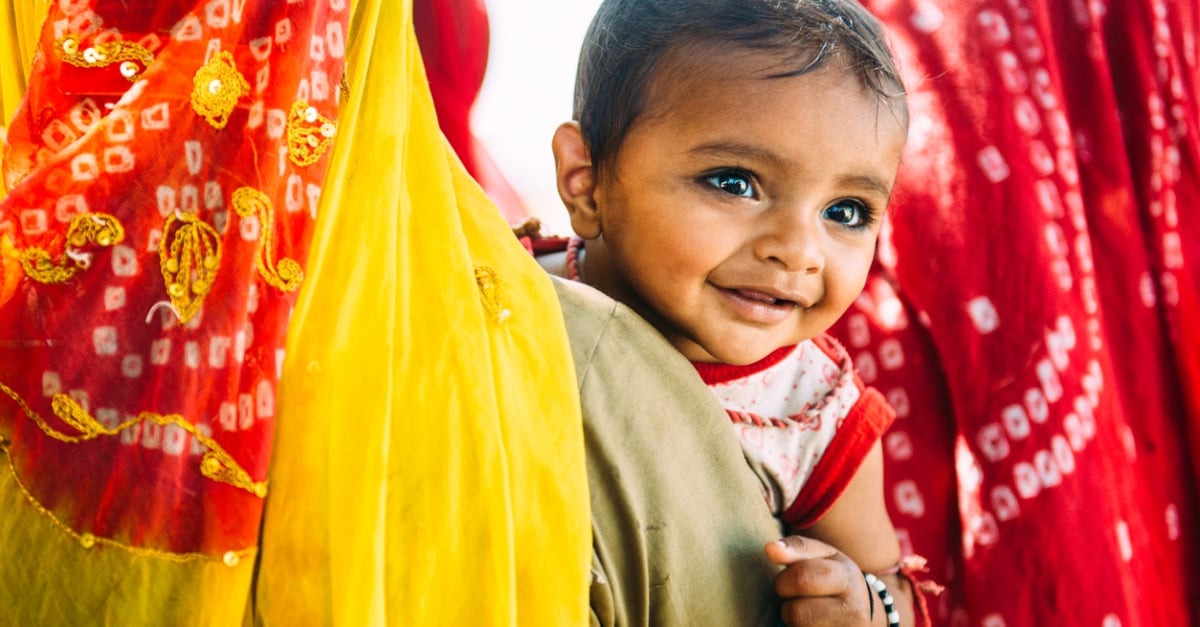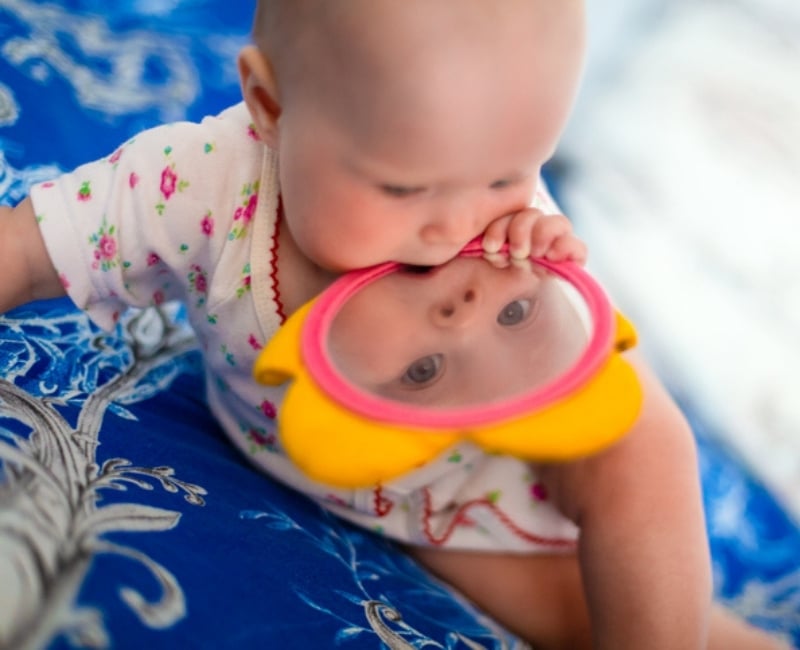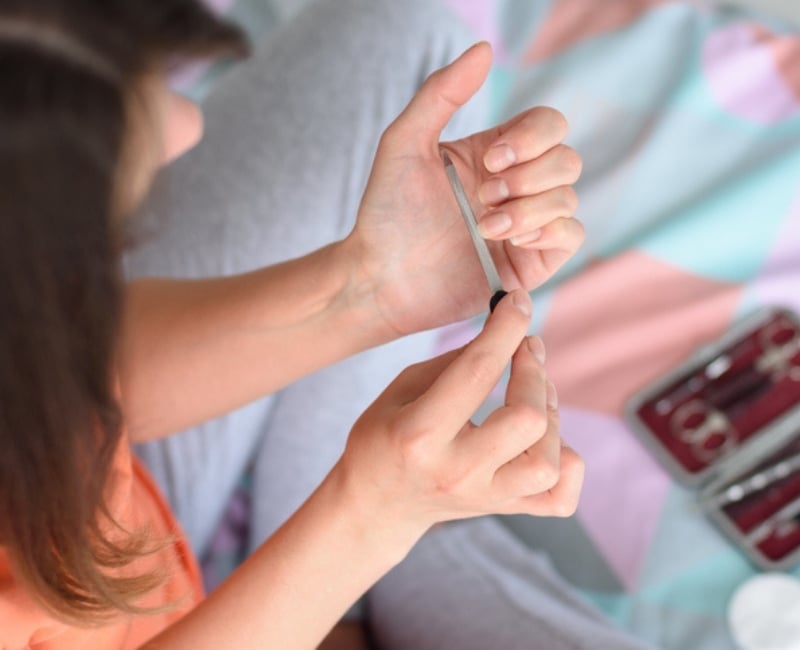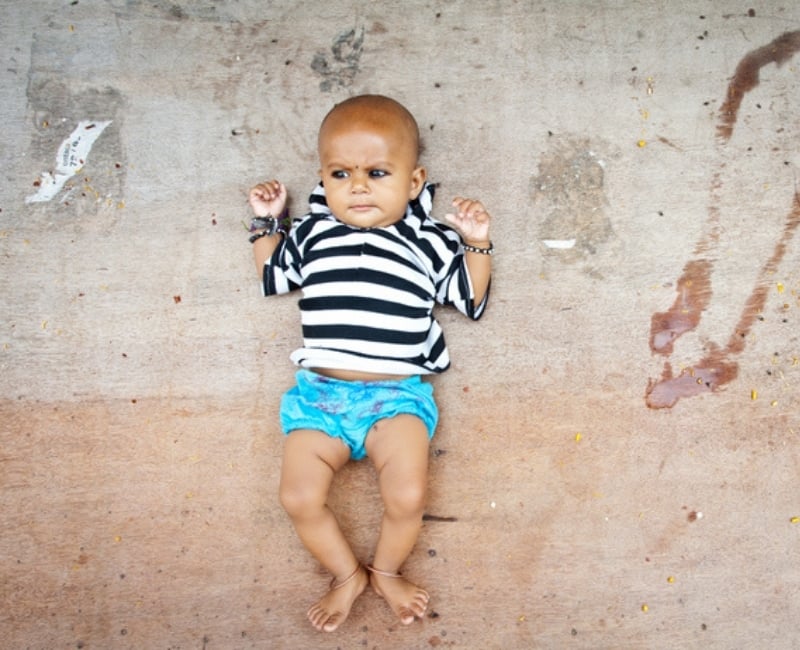
Pregnancy and babies are universally celebrated.
Pregnant women are revered for their role in bringing new life into the world. Babies are seen as precious things to protect and nurture. It can be a truly beautiful time for a family, full of tremendous memories.
Every culture has its own traditions and superstitions around pregnancy and babies. Those are passed from generation to generation. You'd be surprised how many have made it to the modern day.
Many of these superstitions revolve around keeping babies safe from different harms. In some cultures, it's about religious or supernatural entities. In others, the dangers are seen as more tangible things, such as common childhood illnesses.
There are many ways that these customs speak to the complex nature of pregnancy and parenting. Parenting is scary and unpredictable. This wisdom from previous generations provided a sense of comfort to overwhelmed parents. Here are some of those superstitions about pregnancy and babies that have made it to today.
No Pictures or Mirrors

"In Russia it is believed that no one should take pictures of a baby until the baby is one month old," author Milana Perepyolkina told HuffPost.
The fear is that someone could give the baby the evil eye and make the child ill.
"It is believed that babies with pictures taken before turning one month old are more likely to die. The contact with the baby is limited to the closest family during the first month. Taking a newborn baby to stores or inviting friends and extended family is feared."
Similarly, in Greece it's believed that babies shouldn't be allowed to see themselves in mirrors until they are baptized. The belief is that their souls can be taken from the sight of their reflection.
No Letting People Touch the Bump

In recent years, women have been less open about letting anyone and everyone touch their baby bump. Liberian superstition agrees. They believe that evil spirits can take over the child through the touch of strangers.
In Chinese culture, it's believed that a pregnant woman excessively touching her own bump can result in a spoiled or demanding child.
No Sharp Objects On or Near the Bed

Chinese superstition believes that sharp objects, such as needles or scissors, cannot be laid on the humble (marital) bed or near it. They believe sharp objects signify the cutting of the umbilical cord. As a result, their incorrect placement could lead to birth defects or miscarriage. Interestingly, you can keep a dagger under your bed, to ward off anyone looking to do harm to the baby.
Stay Away From Unsightly Animals

Turkish tradition believes that pregnant women should focus on things of beauty so that they have a beautiful child. Apparently, they don't see the beauty in all creatures equally. Monkeys, bears, and camels are among the animals seen as unsightly.
Don't Ignore Those Cravings

The word "birthmark" translates into the same word as craving in some languages. That's why it's important to make sure the expectant mom gets everything she desires. If she is denied a craving, some cultures believe a birthmark in the shape of that food will show up on the child's body.
Stay Away From Full Moons and Eclipses

Many cultures see the full moon as ominous. The Aztecs believed that pregnant women's babies would develop cleft palates if mom gazed at a full moon.
India feels similarly about eclipses. Pregnant women are protected from eclipses. They're told to rest for the duration of the eclipse. They fast and cannot bathe until it has passed. Members of the family use thick fabric or newspaper to keep eclipse rays from entering the home.
Don't Attend Weddings or Funerals

Chinese culture emphasizes focusing on one good fortune at a time. Pregnant women will often steer clear of weddings for fear of upstaging the bride and ruining the qi of the event.
Some cultures also feel that new life shouldn't encounter lost life very closely. The Iroquois believe that a pregnant woman who attends a funeral risks miscarriage. Jewish people believe that the departed soul lingering near the unborn child can cause problems.
Be Careful With the Baby's Name

There are many superstitions around choosing and sharing a baby's name. Jewish culture frowns upon name discussions before the baby is born. In India, it's believed you shouldn't choose a baby's name until after they're born. Both seem to result from a time when infant mortality rates were higher.
There's a Right Way of Sharing the Name, Too

The Japanese believe that a baby's name should be announced on the seventh night after a baby's birth, in a ritual known as oshichiya. Celebrating the baby's birth before the seven-day mark is considered bad luck.
Egyptians also wait until seven days later to share the name in a gathering called the Sebou. The gathering is like a post-birth baby shower.
It's OK To Make the Baby Cry
In Japanese culture, there's a saying: Naku ko wa sodatsu. It means that crying babies grow fastest. The Japanese believe that a baby's cry can ward off demons and promote healthy growth. To achieve that, parents will bring babies to Tokyo's annual Nakizumo Festival.
The 400-year-old tradition sees babies handed off to sumo wrestlers. Wrestlers face off to make the baby their opponent is holding cry. If the babies don't cry, a referee will wear a terrifying mask to help it along.
An annual ceremony in Spain hopes to rid Catholic infants of original sin. Each June in Castrillo de Murcia, a man playing the character of el Colacho walks the streets dressed as the devil. At the end of the multiday festival, parents lay their babies down on mattresses in the street. El Colacho jumps over the infants, absorbing their original sin and allowing them to go forward without evil within them.
Keep the Baby Off the Floor

That Spanish tradition wouldn't fly in Indonesia, where it's believed babies need to be kept off the floor. After 105 days, families throw a penyambutan, where the baby's feet can touch the ground for the first time and receive their name.
A priest comes to bless the family and the baby. The parents then provide various offerings to Hindu gods.
No Fawning Over a Cute Baby

Many modern cultures love waxing on about the cuteness of babies. In some parts of the world, that's frowned upon. In Bulgaria, it's believed that a beautiful baby will make the devil jealous enough to interfere, so people pretend to spit on the baby.
In Greece, Romania, and India, people actually do spit on or near the baby. They do so to ward off evil.




